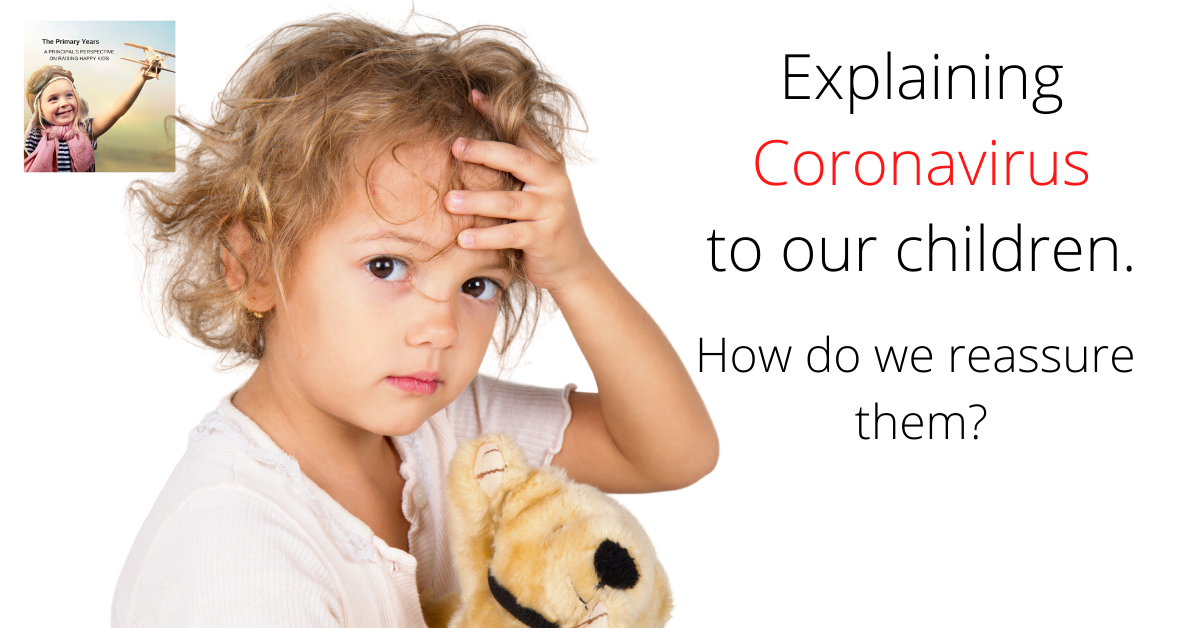Growing up in a generation where it is all about me
It is sad to say but our children are very much part of a generation where considering themselves as the all-important one is a feature of their life. Whilst there are sound factors in looking after yourself and putting yourself forward to ensure safety, improvement and ongoing development, it can at times come at the cost of thinking of others.
Our children are being moulded into their own generation and will model and develop ways and means of being, subject to the development of that culture. This is natural. What I am suggesting is to be a parental model that introduces the strong presence of compassion, unselfishness and gratitude into their life.
The more children see and live in the presence of such values they are more inclined to use them in their own experiences. The more they see their parents utilising these values in their own lives with others and themselves, they grow more inclined to model what they are taught.
Consider the following thoughts which offers some positive ways to present those virtues in the life of the child.
Do your children experience parental model that introduces the strong presence of compassion, unselfishness and gratitude into their life?
Talk openly about kind acts that you notice around you. Compliment your child when they demonstrate thoughtfulness to others. Encourage them to look for the generous spirit of others
“I was so impressed when I saw how your friend shared his toys.”
Many of the movies you share together as a family often carry simple messages about humility and gratefulness. Talk about these virtues as a family. Of course, you can teach a great deal through reading books together.
When you are working through problems with your child, consider how you are communicating with them and how you show compassion through their problems.
Do you become overwhelmed by the issue or do you discuss it with a calm disposition and a tolerance for mistakes?
Developing highly effective listening skills with your child is an excellent way to demonstrate that you are a calm and reasonable person who values their child.
Take care in choosing the right language when speaking to your children. Positive language that is consistent and reinforcing to the child is very important. Take care that inappropriate or indirect name-calling is not present.
When discussing situations with your child that may be on the news or perhaps issues that have happened at school always look to being compassionate in how you interpret the situation. Definitely stay away from the “blame game” and from talking inappropriately about a person. Here you are teaching your child that you respect the integrity of others even though the situation may be difficult.
When your child talks about their special needs here you can open up their thinking to think of others.
“I understand that you were hurt with rough play but I wonder if others also felt that pain?”
Sharing and collaborating are great skills to develop. Where possible teach your child to be inclusive and to reach out to others. Demonstrate this in your own life when dealing with others.
“Those chocolates look lovely that grandma gave you. Do you plan to share them with your friends?”
The idea here is to encourage thinking of others as more important in sharing in the pleasure than simply eating them alone.
When opportunities present invite people into your child’s life. This teaches them that sharing experiences has more joy in it than being in isolation.
Being inclusive with birthday parties, family social events etc. teaches your child to enjoy many and varied people.
In a world where children are exposed to so much stimulus and with so many messages about firstly looking after yourself, it is important to build a balance between selfcare and the care and awareness of others.
Sound modelling from inclusive parents provides a climate in which a child learns to see the world from a much broader perspective.
“It’s not our job to toughen our children up to face a cruel and heartless world. It’s our job to raise children who will make the world a little less cruel and heartless.”



















